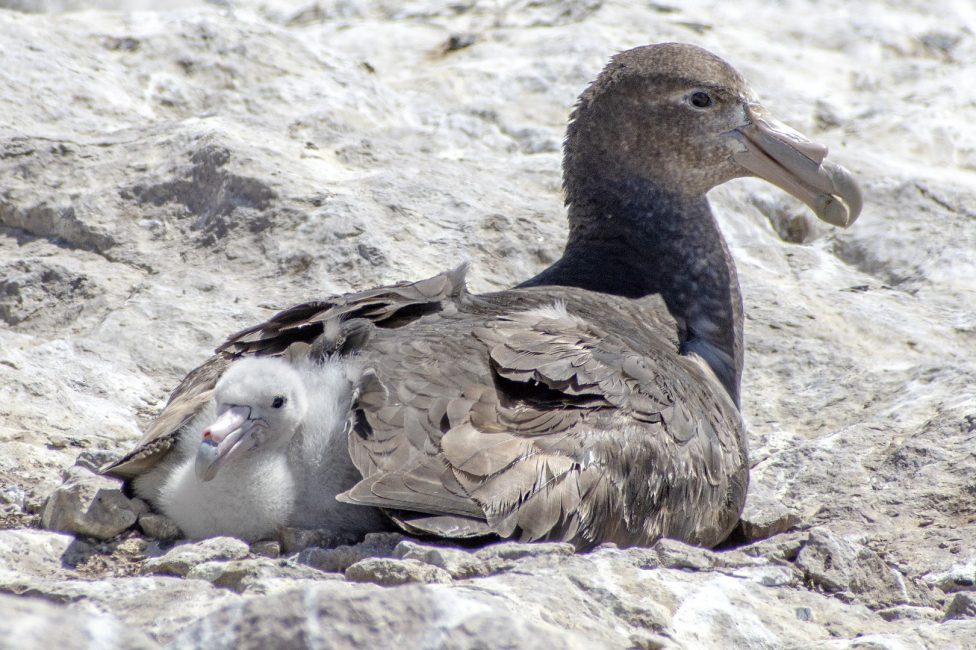
April 22, 2023
Surviving the Plastisphere
- as seen by -
 Martin Brogger
@tinchobrogger
Martin Brogger
@tinchobrogger Plastics have a significant impact on seabirds in many ways. Seabirds can ingest plastic items such as bottle caps, plastic bags, and microplastics, which can cause blockages in their digestive systems, leading to malnutrition, starvation, and even death. Plastic ingestion can also interfere with nutrient absorption, reduce reproductive success, and affect the immune system of seabirds.
Recently, I was invited to join a research campaign on a rocky island in Patagonia to study the impact of plastic debris on southern giant petrel chicks (Macronectes giganteus). Petrels are known to mistake floating plastic debris for food and ingest it by accident. When these birds return to their nests to feed their chicks, they may regurgitate the plastic along with other food items. The chicks then consume the plastic, often because they are unable to differentiate between it and real food.
The ingestion of plastic by the chicks can have a wide range of effects with serious consequences. The plastic can block their digestive systems or cause internal injuries, leading to malnutrition, dehydration, or death. Additionally, the presence of plastic in the chicks’ stomachs can lead to a false feeling of fullness, causing them to consume less real food further exacerbating their health problems. In addition, plastics can also release a plethora of chemicals including plasticizers and flame retardants that may be absorbed by the digestive tract leading to a broad variety of chronic and sub-lethal effects.
The impact of plastic on seabirds is a growing concern, and efforts are being made to reduce the amount of plastic waste in our oceans. It is essential to adopt sustainable practices and reduce our dependence on single-use plastics to protect our oceans and the wildlife that inhabits them.
Nikon D7200
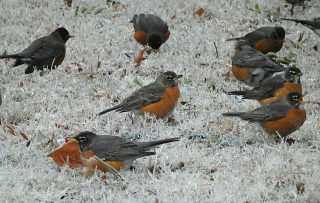
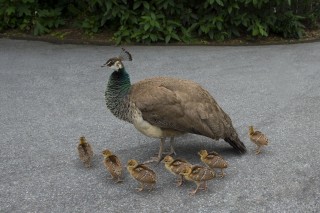
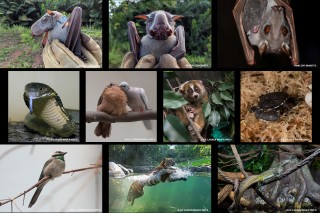
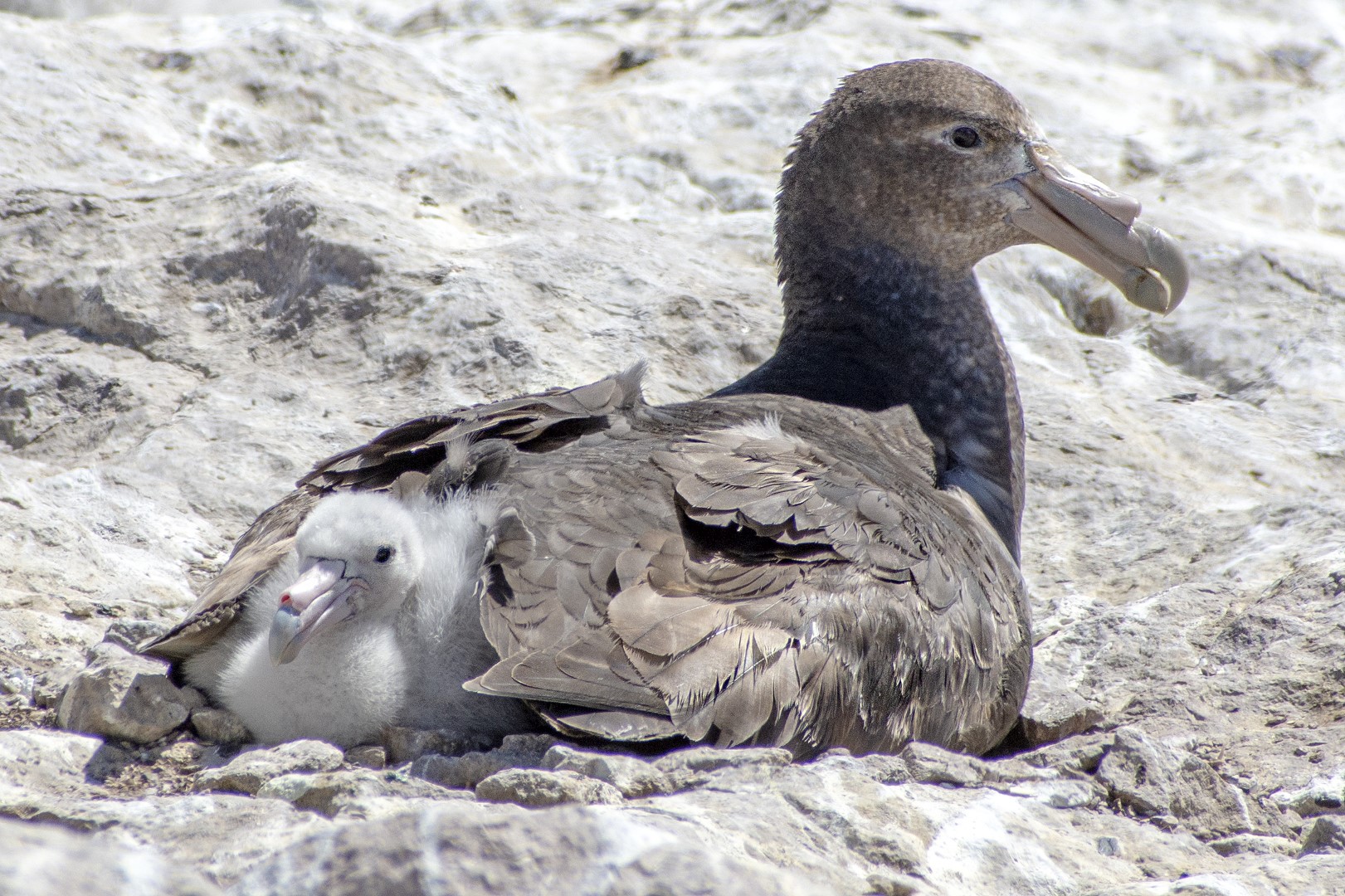
Comments